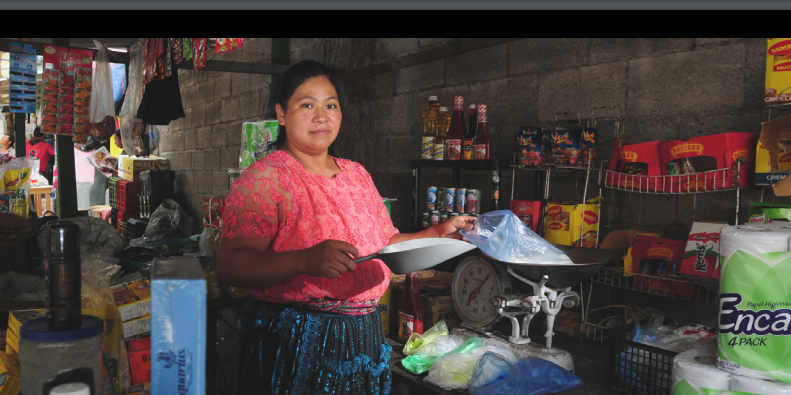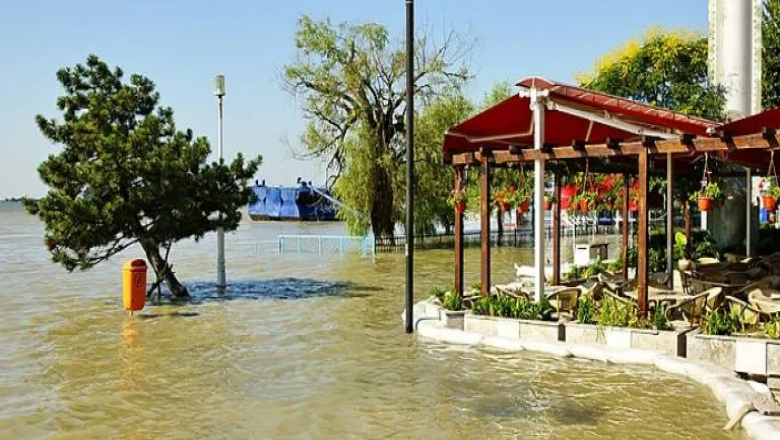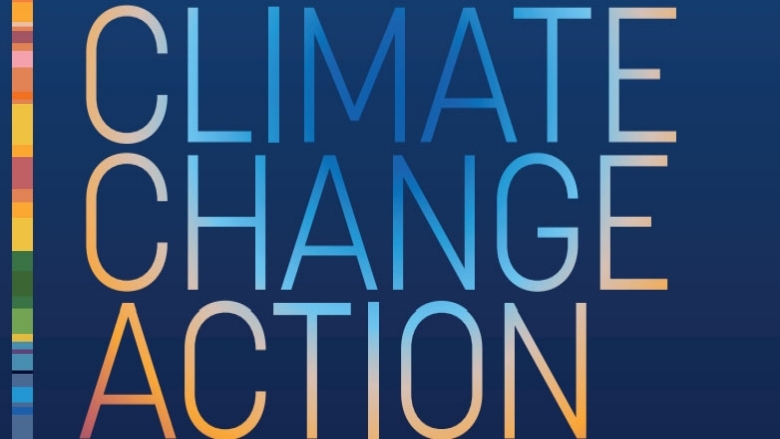Advisory Services and Analytics (ASA) are non-lending activities that help external clients or audiences advance a development objective. The World Bank provides ASA to support design or implementation of better policies, strengthen institutions, build capacity, inform development strategies or operations, and contribute to the global development agenda. ASA outputs include analytical reports, policy notes, hands-on advice, and knowledge-sharing workshops or training programs.
_______________________________________________________________________________________________
Examples

Regional analytics: Digital Africa: Technological Transformation for Jobs
Global analytics: Poverty & Shared Prosperity 2022: Correcting Course
_______________________________________________________________________________________________
Reimbursable Advisory Services (RAS) are ASA provided in response to a request from, and paid for by, the recipient of the service (client), under a legal agreement. In providing RAS, the Bank's purpose is to expand the options available to member countries of all income levels, including those that have graduated from the Bank. RAS clients can be central governments; subnational governments; state-owned enterprises; non-governmental and other not-for-profit organizations (such as chambers of commerce); and multilateral institutions, including development banks and regional organizations.
_______________________________________________________________________________________________
Examples

Romania - Technical Support for the Preparation of Flood Risk Management Plans
_______________________________________________________________________________________________
Core Analytics is country-level diagnostic reports underpinning country engagements. In line with the Evolution Paper the updated suite of core analytics includes the following five diagnostic reports:
• The Country Economic Memorandum (CEM), to be renamed “Country Growth and Jobs Report”, focusing on prosperity and key economic sectors;
• An updated Country Private Sector Diagnostic (CPSD 2.0), focusing on specific opportunities to increase private investment.
• The Poverty and Equity Assessment (PEA), focusing on core poverty and inequality issues;
• The Public Finance Review (PFR), an expansion of the current Public Expenditure Review, focusing on a country’s revenues as well as expenditures.
• The Country Climate and Development Report (CCDR), focusing on adaptation and mitigation and linkages between climate change and development outcomes.
Country Climate and Development Reports (CCDR) integrate countries' climate and development considerations.
Integrating climate and development is a pillar of the WBG’s Climate Change Action Plan 2021– 2025 and CCDRs advance its implementation.
CCDRs also reflect the country’s climate commitments and identify ways to support their implementation through public and private sector solutions.
CCDRs capture the centrality of people in policies on climate change adaptation and mitigation. CCDRs assess how climate risks affect people, and ways in which governments can build resilience, assessing poverty, distributional and job impact. CCDRs feed into other core Bank Group diagnostics, country engagements and operations, and help attract funding and direct financing for high-impact climate action. CCDRs provide analytical inputs to the Systematic Country Diagnostics and, hence, inform Country Partnership Frameworks.
The CCDRs are being prepared jointly with IFC and MIGA. As public documents, CCDRs aim to inform governments, citizens, the private sector and development partners and enable engagements on the development and climate agenda.
Every year, key insights are summarized in an annual report. At COP28, the report The Development, Climate, and Nature Crisis: Solutions to End Poverty on a Livable Planet combined results from the CCDRs covering 42 economies and aggregating their findings on adaptation and resilience, economic growth in low-emission scenarios, the role of the private sector, and the opportunities from addressing forest losses and working with nature. The previous report, based on 20 CCDRs and entitled Climate and Development: an Agenda for Action was published at COP27.
The list of published CCDRs so far can be found here.

